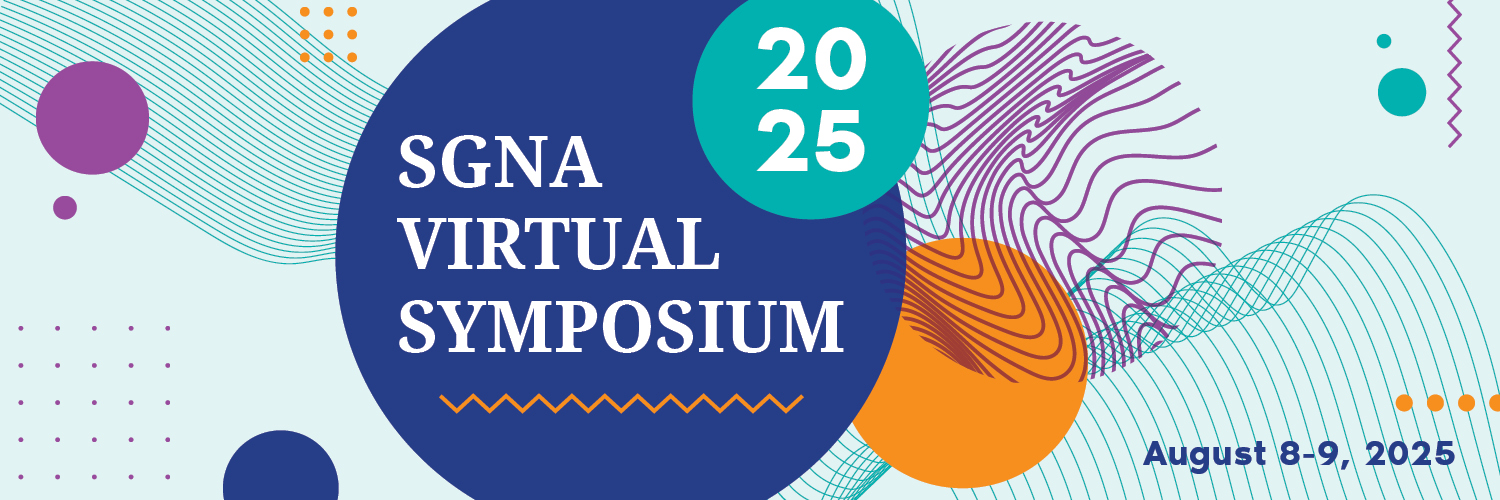
Thank You for Joining Us at the SGNA 2025 Virtual Symposium
Your commitment to advancing GI nursing shines. Over two days, we explored timely topics, shared expertise and strengthened our community — all from the comfort of our own homes and workplaces.
From discussions on metabolic dysfunction, sedation strategies and colon cancer to sessions on GLP-1 medications and pelvic floor dysfunction, your engagement helped make this year’s Symposium an energizing and impactful experience.
Why Attend?
This year’s Virtual Symposium features a wide range of timely, relevant topics curated to support your professional growth. You'll gain insights from leading experts on issues impacting GI care today — from metabolic dysfunction and sedation strategies to colon cancer, GLP-1 medications and pelvic floor dysfunction.
- Enhance your clinical decision-making with the latest evidence-based practices
- Stay ahead of regulatory and procedural updates in sedation, infection prevention and testing protocols
- Earn up to 10 contact hours from the comfort of your home or workplace
- Improve patient outcomes with deeper understanding of evolving GI conditions and treatments
- Engage with SGNA leadership during the interactive “Breakfast with the Board”
Registration and Contact Hour Information
Full Symposium Pass (August 8 & 9)
Full Symposium Pass attendees are eligible to earn up to 10 contact hours by successfully completing all sessions.
- SGNA Member: $250
- SGNA Nonmember: $390
- Student: $125
Registration Closed
Friday-Only Pass (August 8)
Friday-Only Pass attendees are eligible to earn up to 6 contact hours by successfully completing all sessions.
- SGNA Member: $175
- SGNA Nonmember: $315
Registration Closed
Saturday-Only Pass (August 9)
Saturday-Only Pass attendees are eligible to earn up to 4 contact hours by successfully completing all sessions.
- SGNA Member: $125
- SGNA Nonmember: $265
Registration Closed
Accreditation Statement
The Society of Gastroenterology Nurses and Associates, Inc. is accredited as a provider of nursing continuing professional development by the American Nurses Credentialing Center’s (ANCC) Commission on Accreditation.